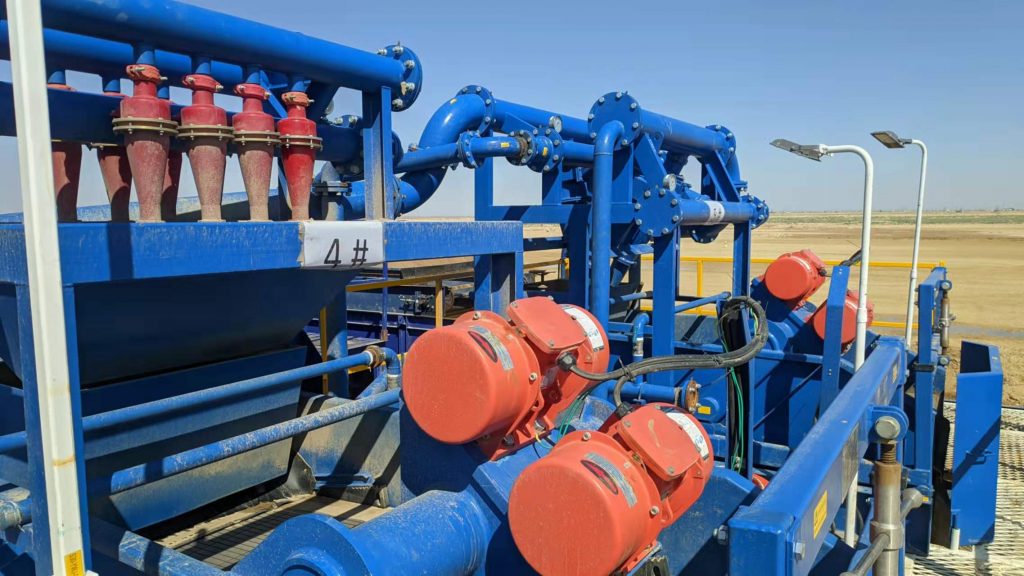The oil drilling industry has long produced large amounts of waste, particularly in the form of oil slurry. This waste consists of a mixture of oil, water, and solid particles, posing significant environmental and logistical challenges to oil companies. However, with the development of innovative treatment technologies, the future of sludge management looks brighter than ever.

One of the most promising solutions for slurry treatment is the use of advanced separation and filtration processes. These technologies effectively separate oil, water and solid particles, thereby recovering valuable resources and reducing waste volumes. By implementing these processes, oil companies can not only minimize their impact on the environment but also increase operational efficiency and cost-effectiveness.
Another key development in sludge treatment is the utilization of thermal desorption technology. The process involves heating an oil slurry to high temperatures, causing the oil to evaporate and separate from the solid particles. The recovered oil can be reused or sold, while the remaining solids can be safely disposed of or reused in other applications. Thermal desorption provides a sustainable and efficient method for managing slurry waste, reducing the need for traditional disposal methods such as landfills or incineration.
Furthermore, the integration of bioremediation technologies shows great potential in treating oil slurry waste. By harnessing the power of naturally occurring microorganisms, bioremediation can remediate contaminated soil and water by breaking down and degrading the organic components of the mud. This eco-friendly approach not only mitigates the environmental impact of oil slurry waste but also promotes the restoration of affected ecosystems.
As demand for oil continues to grow, the development and implementation of these innovative treatment technologies is critical to the sustainable management of oil drilling waste. By adopting these advancements, oil companies can minimize their environmental footprint, comply with regulations, and contribute to a more sustainable and responsible oil industry. The future of sludge handling is indeed promising, with these innovative solutions paving the way for a cleaner, more efficient oil drilling industry.

